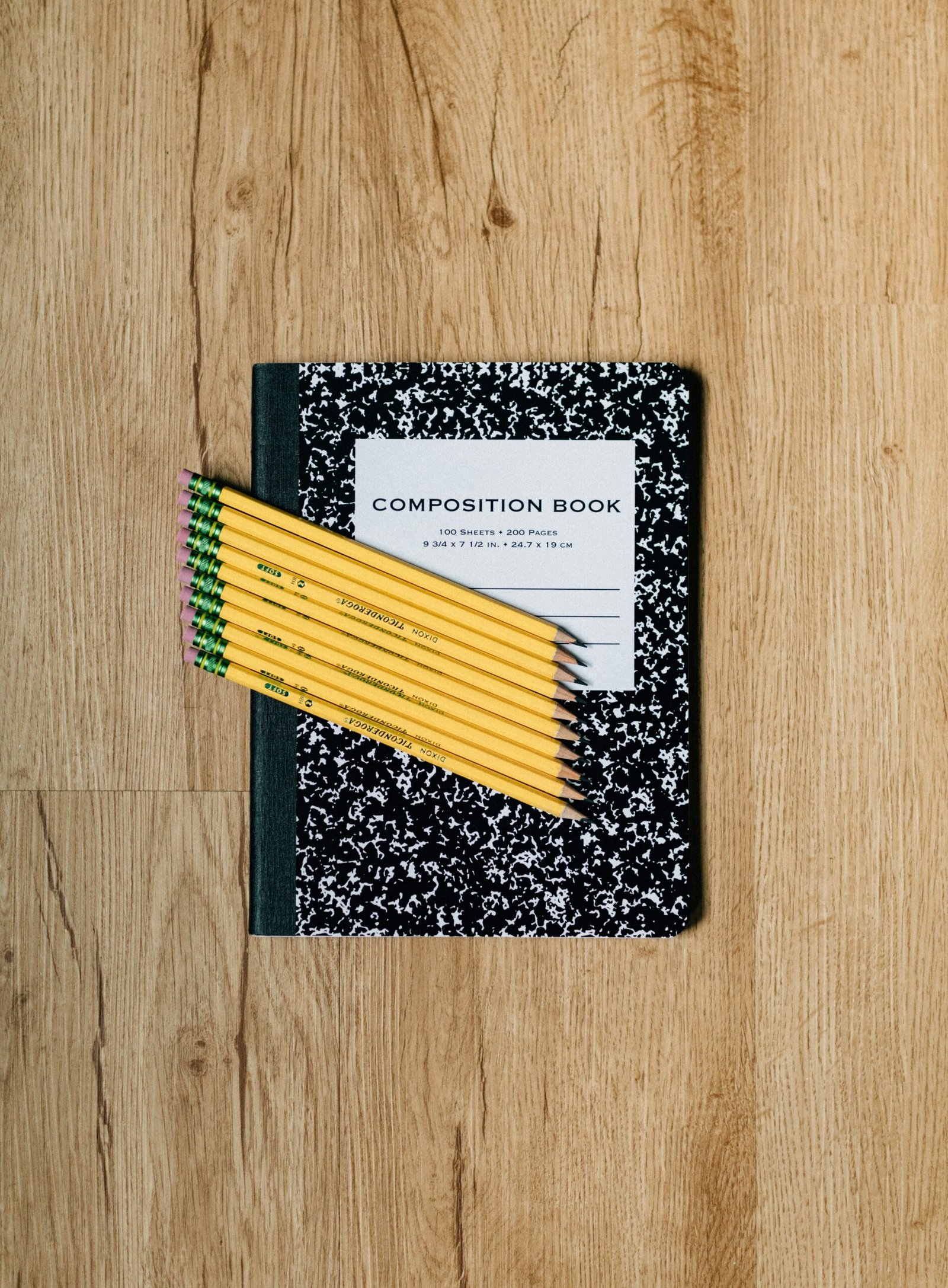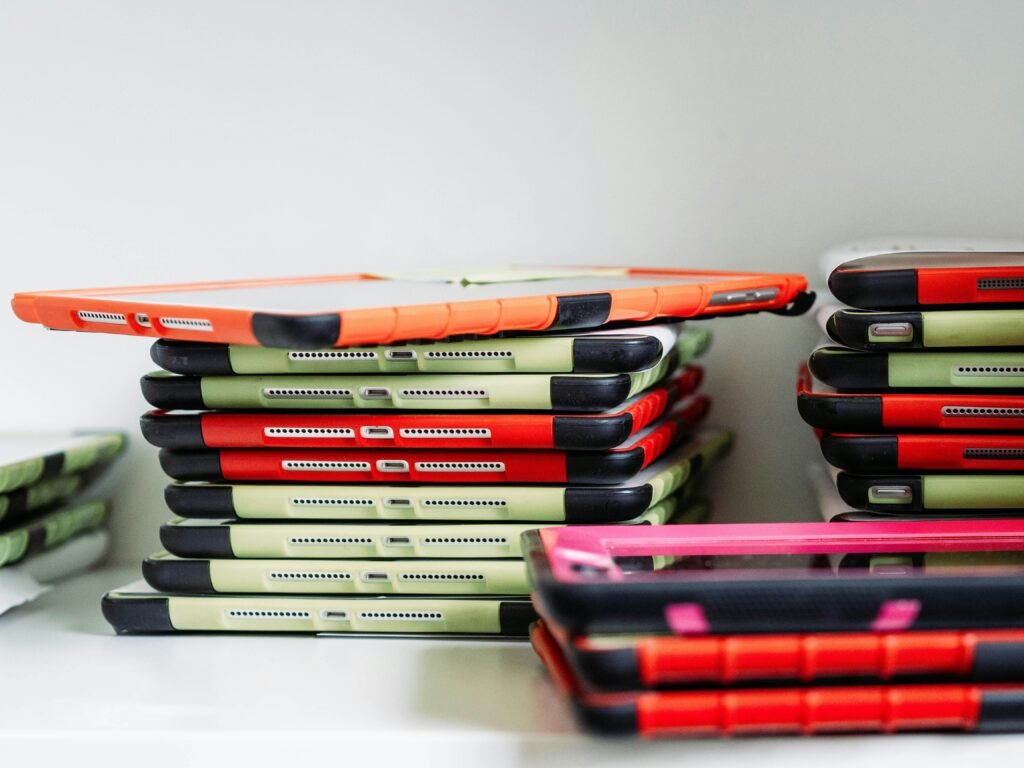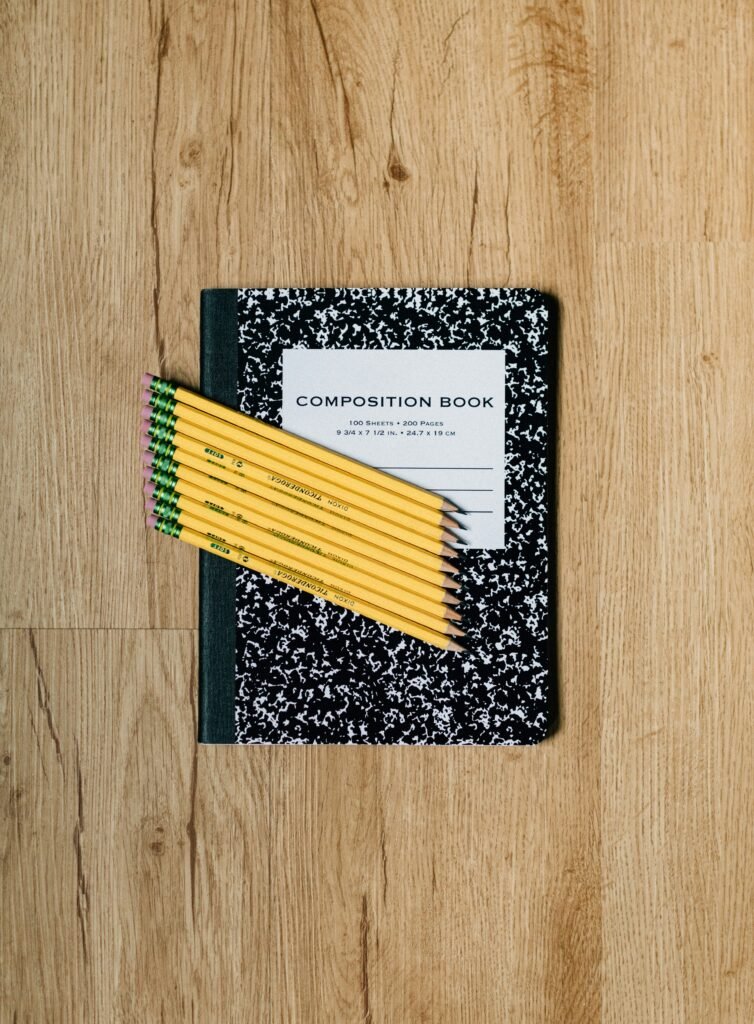
As a parent, you may have reservations about allowing your child to play with toy guns. However, did you know that there are actually educational benefits that can be derived from playing with these seemingly harmless toys? In this informative guide, we will explore the various ways in which toy guns can help develop crucial skills such as problem-solving, teamwork, and even creativity. By understanding the positive aspects of toy gun play, you can make an informed decision about whether to embrace or restrict this type of play for your child. So let’s dive into the world of toy guns and discover the surprising educational benefits they can offer.
Benefits of Toy Guns
Toy guns are often a controversial topic among parents, but they can actually provide a range of benefits for your child’s development. From fine motor skills to imaginative play, toy guns offer various advantages that can enhance your child’s growth and learning.
Development of fine motor skills
One of the key benefits of toy guns is the development of fine motor skills. By pulling triggers, reloading, and aiming, your child will improve their hand-eye coordination and refine their finger movements. These actions require precise control and can enhance the dexterity of their fingers, which can be beneficial in various activities such as writing, drawing, and playing musical instruments.
Enhancement of hand-eye coordination
Playing with toy guns also helps to enhance hand-eye coordination. In order to accurately aim at targets or engage in mock battles with friends, your child needs to coordinate their visual perception with their hand movements. This coordination is crucial in many daily activities, such as catching a ball, tying shoelaces, or even driving a car later in life.
Promotion of teamwork and social skills
Toy guns can serve as a tool for promoting teamwork and social skills. When children engage in imaginative play with toy guns, they often create scenarios that involve teamwork and cooperation. They learn to communicate and strategize with their playmates, fostering important social skills. Through role-playing and engaging in shared play experiences, children also develop empathy and learn to take turns, ultimately building friendships and enhancing their social interactions.
Stimulating imaginative play
Imaginative play is a vital aspect of a child’s development, and toy guns provide a great platform for fostering creativity and imagination. As children engage in pretend battles or create imaginary scenarios, they develop their narrative and storytelling skills. By taking on different roles and scenarios, they explore their creativity and expand their imaginative capabilities. This type of play allows children to explore different roles, characters, and situations, aiding in their cognitive and emotional development.
Educational Roleplay Opportunities
While some may dismiss toy guns as mere toys, they can actually offer educational roleplay opportunities for your child. By engaging in these activities, they can learn about various historical eras, gain an understanding of law enforcement and military roles, and simulate problem-solving situations.
Exploration of different historical eras
Toy guns can serve as an educational tool for exploring different historical eras. Children can use toy guns to immerse themselves in reenactments, allowing them to understand and appreciate the past in a hands-on way. From playing out scenes from ancient civilizations to reimagining battles from World War II, toy guns can spark an interest in history and provide a unique learning experience.
Understanding law enforcement and military roles
Toy guns can also help children understand the roles of law enforcement and the military. By engaging in role-playing scenarios, they can gain a basic understanding of the responsibilities, challenges, and duties of these professions. This can cultivate a sense of respect for those who protect and serve, while also promoting a conversation about the importance of safety and following rules.
Simulating problem-solving situations
Another educational benefit of toy guns is the opportunity to simulate problem-solving situations. By creating scenarios that require strategic thinking and decision-making, children learn to analyze situations and develop problem-solving skills. They are encouraged to think critically, assess risks, and come up with solutions, all while engaged in active play. These problem-solving skills are transferable to real-life situations and can prepare children for challenges they may face later in life.

This image is property of images.unsplash.com.
Teaching Responsibility and Safety
Playing with toy guns can also be an opportunity to teach your child about responsibility and safety. By emphasizing proper firearm handling, promoting safe and responsible play, and teaching rules and boundaries, you can impart important lessons that will stay with them throughout their lives.
Education about firearms and proper handling
Toy guns provide an avenue to educate your child about firearms and proper handling. By discussing differences between toy guns and real firearms, you can help them understand the importance of responsible play. Teaching them about the potential dangers and consequences of mishandling firearms can instill a sense of respect and caution from a young age.
Promotion of safe and responsible play
It is crucial to promote safe and responsible play when it comes to toy guns. By setting clear rules and boundaries, you can help your child understand the importance of using toy guns in a safe manner. Emphasize the importance of never pointing toy guns at people or animals and establish play areas that are safe and appropriate. Encourage your child to always consider the safety of themselves and others while playing.
Teaching rules and boundaries
Playing with toy guns offers an opportunity to teach your child about rules and boundaries. By establishing guidelines for play, such as not using toy guns indoors or in certain public places, you can teach your child about respecting rules and authority. Reinforce the importance of following the rules and explain the potential consequences of not doing so. This helps your child understand the importance of accountability and respecting others’ boundaries.
Confidence and Self-expression
Engaging in play with toy guns can have a positive impact on your child’s confidence and self-expression. Through role-playing and imaginative play, they can build confidence, explore their own creativity, and express themselves in a safe and supportive environment.
Building confidence through role-playing
Toy guns allow children to explore different roles and scenarios, which can boost their confidence. When they take on roles such as a superhero or a brave soldier, they develop a sense of empowerment and their self-esteem grows. By pretending to be someone else, children can experiment with different personalities and abilities, enhancing their self-confidence and encouraging them to take on new challenges.
Encouraging creativity and self-expression
Toy guns provide a canvas for creativity and self-expression. Children can invent their own stories, characters, and settings, allowing their imagination to run wild. They can create elaborate scenarios and explore different emotions through their play. This imaginative play nurtures their creativity and helps them express themselves in unique and meaningful ways.
Fostering a sense of empowerment
Through play with toy guns, children can develop a sense of empowerment. As they engage in make-believe battles or pretend to be heroes, they experience a sense of control over their own narratives. This feeling of empowerment can translate into other areas of their lives, instilling a belief in their abilities and fostering a positive self-image.

This image is property of images.unsplash.com.
Physical Activity and Exercise
In today’s age of screens and sedentary lifestyles, engaging in physical activity and exercise is more important than ever. Toy guns can encourage children to engage in active play, improve their gross motor skills, and promote outdoor activities.
Engaging in active play and movement
Playing with toy guns often involves running, hiding, and actively moving around, which encourages physical activity. This active play helps children burn off energy and stay physically fit. It also provides an opportunity for them to develop their coordination, balance, and agility, as they navigate different terrains and engage in dynamic play scenarios.
Improving gross motor skills
Playing with toy guns requires various physical actions that can enhance gross motor skills. From running and jumping to crawling and aiming, children engage their large muscle groups and improve their coordination. These movements contribute to the development of strength, balance, and spatial awareness.
Encouraging outdoor activities
Toy guns can be a catalyst for outdoor play. Whether it’s a friendly neighborhood battle or a game of capture the flag, playing with toy guns outside encourages children to explore and appreciate nature. It exposes them to fresh air, sunlight, and a broader range of physical activities than they might typically engage in indoors. Outdoor play also offers an opportunity to socialize with other children and develop important social skills.
Cognitive Development
Beyond physical benefits, toy guns also contribute to your child’s cognitive development. Through play, they can gain an understanding of cause and effect, develop problem-solving skills, and enhance their spatial awareness.
Understanding cause and effect
Playing with toy guns allows children to understand the concept of cause and effect. They learn that actions produce certain outcomes, such as shooting a target or hitting a bullseye. This understanding of cause and effect is essential in developing logical thinking and problem-solving abilities. It teaches children to anticipate the consequences of their actions and make informed decisions.
Developing problem-solving skills
When children engage in play with toy guns, they encounter various scenarios that require problem-solving. They must strategize, assess risks, and come up with solutions to overcome the challenges they face. This fosters critical thinking skills, encourages the exploration of different options, and enhances their ability to analyze situations from multiple perspectives. These problem-solving skills are transferable to real-life situations, helping children become more resourceful and adaptable.
Enhancing spatial awareness
Playing with toy guns also enhances spatial awareness. Children must gauge distances, aim accurately, and judge their surroundings to successfully play with toy guns. This spatial awareness development is crucial in many areas of life, such as sports, driving, and even everyday activities like navigating through crowded spaces. By engaging in play that requires spatial awareness, children develop a greater understanding of their surroundings and improve their ability to interpret and interact with their environment.

This image is property of images.unsplash.com.
Emotional Intelligence
Toy guns can provide a platform for your child to explore emotions, practice conflict resolution, and develop emotional regulation. Through play, they can deepen their emotional intelligence and develop valuable interpersonal skills.
Exploring emotions and empathy
Toy guns offer a safe space for children to explore a range of emotions and develop empathy. By taking on different roles and engaging in imaginative scenarios, they can experience different emotional states and understand the perspectives of others. This exploration of emotions helps children recognize and empathize with the feelings of others, fostering emotional intelligence and compassion.
Practicing conflict resolution
Conflict is a natural part of life, and toy guns offer an opportunity for children to practice conflict resolution skills. Whether it’s negotiating during a pretend battle or resolving disputes between playmates, children learn to communicate and compromise in order to find peaceful solutions. These conflict resolution skills are vital for healthy relationships, both in childhood and adulthood.
Developing emotional regulation
Drastic swings in emotions can be challenging for young children to manage. However, play with toy guns can help develop emotional regulation skills. When children engage in imaginative play, they are in control of their emotions within the boundaries of the play scenario. They learn to manage their feelings in a safe environment, which can translate into improved emotional regulation in other aspects of their lives.
Bonding and Relationship Building
Toy guns can serve as a tool for family and friends to engage in play together, fostering bonding and relationship-building experiences. By playing together, children and adults alike can promote communication, cooperation, and strengthen the bonds between them.
Family and friends engaging in play together
Playing with toy guns offers an opportunity for the entire family to engage in play together. Parents and siblings can join in the fun, creating a shared experience that strengthens family bonds. This shared playtime allows for open communication, laughter, and the creation of cherished memories.
Promoting communication and cooperation
When children engage in play with toy guns, they must communicate and cooperate with their playmates. They strategize, coordinate their actions, and work together towards a common goal. Through this collaborative play, children develop important skills such as effective communication, active listening, and teamwork. These skills are transferable to various situations in life, from school projects to future careers.
Strengthening relationships through shared experiences
Engaging in play with toy guns can create shared experiences that strengthen relationships. Whether it’s siblings playing together or friends engaging in imaginative role-playing, these shared experiences create lasting memories and deep connections. Playing together allows children and their playmates to bond, fostering a sense of camaraderie and mutual understanding.
Creative Play and Imagination
Creative play and imagination are crucial components of a child’s development, and toy guns offer a platform for children to create imaginary worlds and stories. By expanding pretend play scenarios, they can enhance their imaginative skills and storytelling abilities.
Creating imaginary worlds and stories
Playing with toy guns opens up a realm of possibilities for children to create imaginary worlds and stories. They can invent their own characters, plotlines, and settings, immersing themselves in rich imaginative narratives. From saving the world from imaginary enemies to embarking on thrilling adventures, toy guns provide an outlet for children to unleash their creativity and showcase their storytelling skills.
Expanding pretend play scenarios
Toy guns offer endless opportunities to expand pretend play scenarios. Children can incorporate different props and costumes, transforming their play area into a vibrant stage for their imagination. This expansion of pretend play scenarios allows children to explore different themes, problem-solving situations, and emotions, further enhancing their cognitive and emotional development.
Fostering imagination and storytelling skills
By engaging in play with toy guns, children nurture their imagination and storytelling skills. They learn to develop characters, build plots, and create compelling narratives. This imaginative play helps them think outside the box and encourages originality and creative thinking. These skills are important in various aspects of life, from academic pursuits to future professions that require innovation and problem-solving.
Transferable Skills
Playing with toy guns not only offers immediate benefits but also helps children develop transferable skills that can be applied to real-life situations. From decision-making abilities to leadership skills, playing with toy guns can enhance their overall development.
Learning skills applicable to real-life situations
Playing with toy guns presents opportunities for children to learn skills that are applicable to real-life situations. Through imaginative play, they can practice decision-making, evaluate risks, and think critically. This helps them develop essential skills that they can apply in various contexts, such as school, work, or personal relationships.
Improving decision-making abilities
Playing with toy guns requires children to make decisions in dynamic, fast-paced situations. They must assess their surroundings, evaluate their options, and make choices based on the information available to them. This practice in decision-making develops their ability to analyze situations, consider consequences, and make informed choices, skills that are crucial for success in life.
Developing leadership skills
When children engage in play with toy guns, they often take on leadership roles in their imaginative scenarios. They become the leaders of their imaginary teams, making decisions, and coordinating their playmates’ actions. By taking on these leadership roles, children learn leadership qualities such as communication, problem-solving, and teamwork. These skills are transferable to many areas of life, from school group projects to future leadership roles.
In conclusion, toy guns may have stirred up controversy over the years, but when utilized responsibly, they can offer a multitude of benefits for children’s development. From the enhancement of fine motor skills to the fostering of creativity and imagination, toy guns play a valuable role in supporting various aspects of a child’s growth. Through educational roleplay opportunities, teaching responsibility and safety, fostering confidence and self-expression, promoting physical activity and cognitive development, enhancing emotional intelligence, facilitating bonding and relationship building, encouraging creative play and imagination, and developing transferable skills, toy guns can shape a child’s overall development and provide them with valuable skills that they can carry with them for life. So, embrace the benefits of toy guns and allow your child to explore and learn through play!